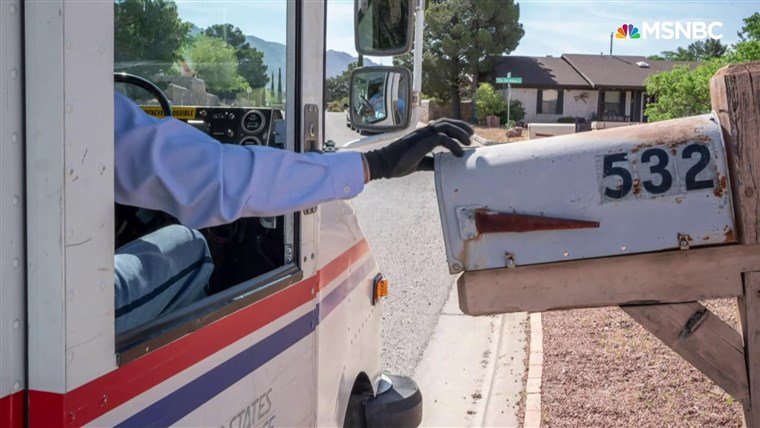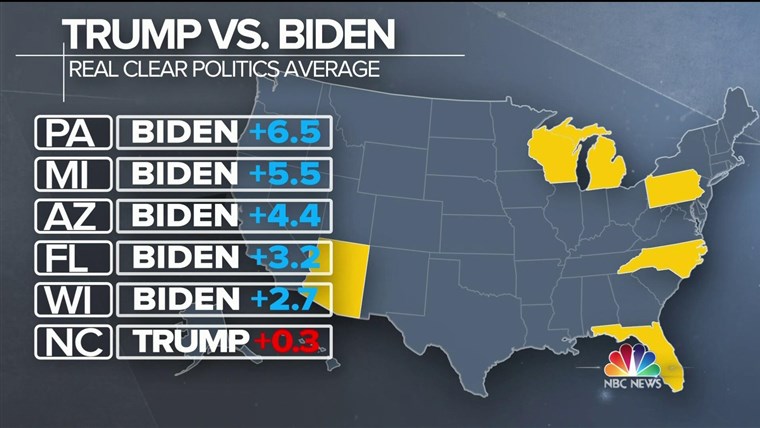Faith and Politics: Members of the Kingdom of God, citizens of the United States of America
EDITOR’S NOTE: This is Part 2 of a series on faith and politics leading up to Election Day 2020, coming Nov. 3.
In these articles, I am attempting as a Christian and a local politician to offer insights that may bridge political divisions and strengthen the quality of life for all our citizens.
How do people of faith in Cabarrus County find a way out of our political quagmire of partisan perspectives?
COVID-19 and politics
When the COVID-19 pandemic began, none of us understood the depth of the crisis or its ramifications throughout our community. Neighbors became sick and died, schools closed, businesses shut down, and the economy shrank. We are still in a public health war with an unseen enemy.
Quickly, however, some people divided into different camps based on previously held political alliances: pro-face masks vs. personal freedom, economic relief vs. financial limits on the government, social distancing vs. freedom to assemble, and remote learning vs. open schools.
Some people took partisan stances instead of seeking what is best for our whole community. Republicans leaned one way, Democrats the other. Some folks focused only on how the crisis would affect them and not how it affects everyone in our county. How can we move forward?
Christian and American
The majority of citizens of Cabarrus County are Christians who love God and our neighbors. We also have among us Jews, Muslims, Hindi, and other people of faith who also enrich our community. We are all Americans who yearn for a strong and just society. How do our loyalties to God and our political institutions work together?
The Kingdom of God
For Christians, deeply rooted throughout the Bible, from the Garden of Eden to the last page of John’s Revelation, God alone stands as our ultimate ruler. God is in charge of everything in heaven and on earth. Our task is to align ourselves with what God is doing.
Jesus’ first sermon announced the coming of God’s reign on earth: “The Kingdom of God is at hand” (Mark 1:14). Jesus described the Kingdom of God in 57 different ways.
All people of faith share a common perspective: ultimately God, not the powers of this world, is in control.
Such a divine presence in this world is both a present reality and a future hope. We catch glimpses of God’s reign among us right now: when people reach out to provide health care, keep an eye on older neighbors, and feed children. God’s reign appears when “me” is less important than “we.”
Yet, the fullness of God’s realm will only come at the end of time by divine intervention. All our social problems will not be resolved in these current days.
The Nations of Earth
Also, all of us are citizens of human political structures: cities, counties, states, and nations. We pay taxes, receive services, and work together to create a stable society. Our political institutions also deserve our allegiance.
Jesus also said: “Render unto Caesar the things that are Caesar’s, and unto God the things that are God’s” (Mark 12:17). We should support our government in our common affairs.
Religious responses to civil authorities
In the history of Christianity, there have been many ways that Christians have responded to political authority. Parallels can also be found in other faiths.
One response is to meld Christianity with political power. In the Middle Ages, the western Church merged with remnants of imperial Rome to create The Holy Roman Empire led by kings and popes. In this tradition, some persons today want our United States to be a Christian nation governed by a particular understanding of Christianity.
The opposite response of some Christians to political authority is to separate from political engagement. The Amish created isolated communities that had nothing to do with politics. In parallel fashion, some Christians today live in cloistered social settings where their children go to Christian schools and families only watch Christian television and associate only with other Christians with like views.
Most of us, however, are somewhere in-between. We have allegiance to both our God and our political institutions. While people of faith prioritize God, we want to love and honor both.
A congressional intern
When I was in college, I spent one summer working in Washington, D.C. on Capitol Hill as a congressional intern.
That same summer, the Senate was conducting the Watergate Hearings investigating the conduct of President Nixon. I occasionally attended. I was in the Watergate Committee Room on the day that it was revealed that President Nixon had secret White House tapes of his conversations in the Oval Office. One year later Nixon was out of office.
One primary impression I took from that summer was my respect for people who serve in public office. The Democrats and Republicans on the Watergate Committee worked across political lines for the good of the nation.
Those old-school senators were seriously trying to make good decisions best for all people. For many of those politicians, their work on partisan issues and also their attempts to compromise across the aisle were reflections of their Christian faith.
I was not and am not disdainful of all politicians. Obviously, I am now one.
Invitation
For the next two months, people of faith must balance our mutual obligations to both God and country. How do we use our faith to determine how to vote in local, state, and national elections? Which candidates best reflect what we perceive to be in alignment with God?
We must legitimately ask ourselves, “How does my faith shape my vote?”
When will you respond when asked by God, “How did you vote in 2020?”
The Rev. Andy Langford is an elected member of the Concord City Council. He is a former pastor at Central United Methodist Church and has been visiting many local congregations to discover the richness of Cabarrus County’s places of faith.




